You crave it in the morning, you wait in long lines for it and I’m drinking it while I write this: Coffee is everywhere. But that means misinformation about it is everywhere too. Coffee doesn’t rob you of water, sober you up or keep your children short, so let’s grind up these myths and brew a hot pot of truth.
Illustration by Angelica Alzona. Photos by waferboard, Mike Kniec, Pen Waggener.
Myth: Coffee Dehydrates You
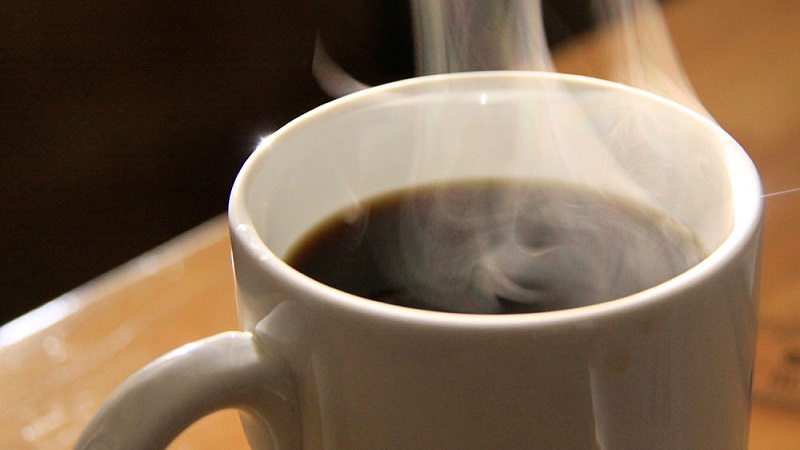
The notion that coffee dehydrates you is a widespread misconception, much to the chagrin of waitstaff everywhere who are asked for “a coffee and a water” only to later clear a table of untouched water glasses. This concept originated because caffeine, a main ingredient in coffee, is a diuretic, or a substance that makes you go pee a lot. The logic seems sound; the more you pee, the more water your body is losing, right? But that logic is missing one important part of the whole “drinking coffee” formula: The water you’re drinking in the coffee.
Marie Barone, Registered Dietician at the UC Davis Medical Center, suggests that drinking a few cups a day is not going to dehydrate you. Why? Coffee is mostly water by a longshot, and that water definitely counts toward your daily fluid intake. In one study, published in the Journal of Human Nutrition and Dietetics, researchers found no evidence that moderate consumption of any caffeine-containing beverages leads to fluid loss in excess of what’s ingested. Basically, the water going out is being replaced with the water going in. Another more recent study, published in PLOS ONE, suggests that three cups of coffee a day is equivalent to three cups of water a day when it comes to hydration. The diuretic effect of caffeine is slight, and it’s something you build tolerance to quickly.
Myth: Coffee Sobers You Up
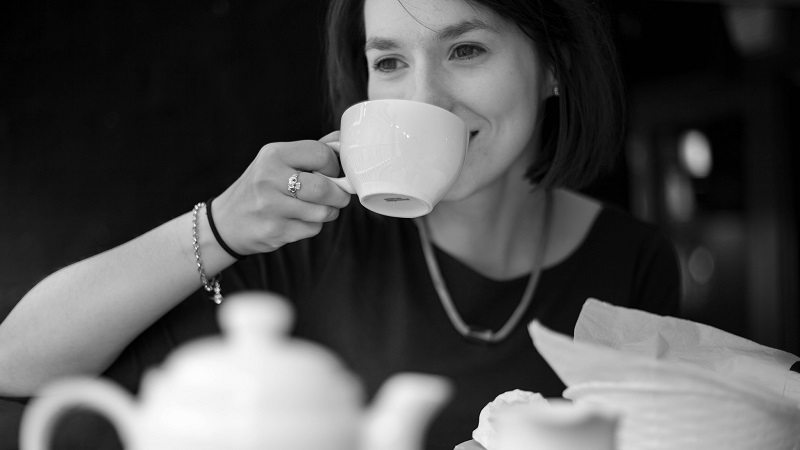
If you have a drinking friend tell you they just need a cup of coffee and they will be all good to drive, handcuff them to a chair, railing or anything that will keep them from driving. Not only does coffee have no sobering effects, it actually makes it harder for you to recognise if you’re drunk. According to a study published in the journal Behavioural Neuroscience, the wakefulness and awareness boost that comes with caffeine intake can make you feel capable of driving home when you aren’t. Thomas Gould, PhD, the co-author of the study, explains to the American Psychological Association:
The myth about coffee’s sobering powers is particularly important to debunk because the co-use of caffeine and alcohol could actually lead to poor decisions with disastrous outcomes. People who have consumed only alcohol, who feel tired and intoxicated, may be more likely to acknowledge that they are drunk. Conversely, people who have consumed both alcohol and caffeine may feel awake and competent enough to handle potentially harmful situations, such as driving while intoxicated or placing themselves in dangerous social situations.
So, what can you actually do to sober up? Drink water to keep yourself hydrated, eat some food to help slow the absorption of alcohol and wait it out. There’s no magic elixir that will sober you up, and believing one exists is a potential danger to you and others.
Myth: Coffee Stunts Your Growth
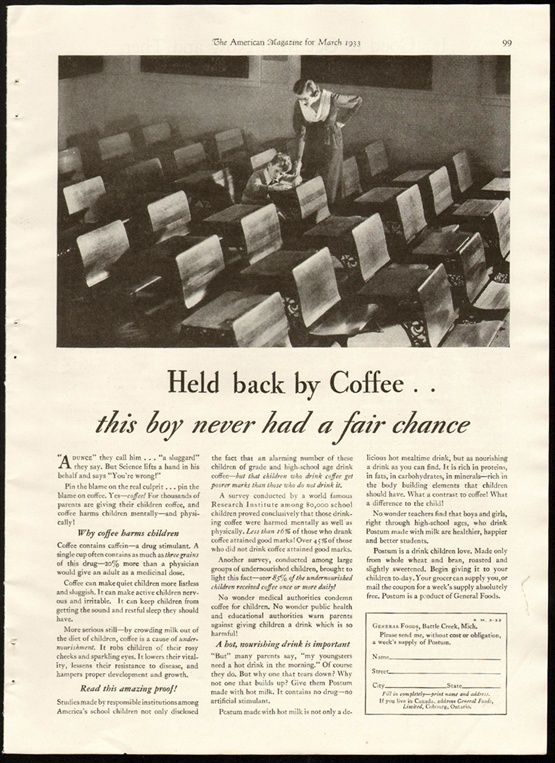
You can blame the “coffee stunts your growth” myth on some clever advertising, believe it or not. It most likely started when Postum, a coffee alternative made from roasted wheat bran, wheat and molasses, began a smear campaign at the turn of the 20th century denouncing coffee’s effects on people’s health, especially children. It worked. Ads (like the one above from 1933) terrified parents by telling them that coffee stunted their children’s growth and would make them jittery, nervous and unable to learn in school. Postum’s cryptic slogan of “There’s a reason” certainly didn’t help.
There have been studies, however, that correlate caffeine intake with reduced bone mass and lower calcium absorption. One study, led by Douglas Kiel, MD at Harvard Medical School, and published in The American Journal of Clinical Nutrition, suggests that caffeinated soft drinks lead to lower bone mineral density in elderly women, but there’s not enough evidence to say for certain. And in another study, led by Robert Heaney, MD, at the Creighton University School of Medicine, also published in The American Journal of Clinical Nutrition, Heaney notes that most research linking caffeine to bone mass is conducted on elderly people whose diets are already low on sources of calcium because they drink so much coffee and soft drink and don’t drink anything else.
The bottom line is that there’s no evidence whatsoever that coffee stunts growth, and it’s unlikely that caffeine even affects bone health in anyone who isn’t already struggling to maintain it. That said, caffeine is a stimulant, and kids as well as adults should consume it in moderation. Australia and the US don’t have any official guidelines for caffeine intake, but Health Canada has recommendations for kids, adults and even pregnant women.
Myth: An Espresso Has More Caffeine Than a Cup of Coffee
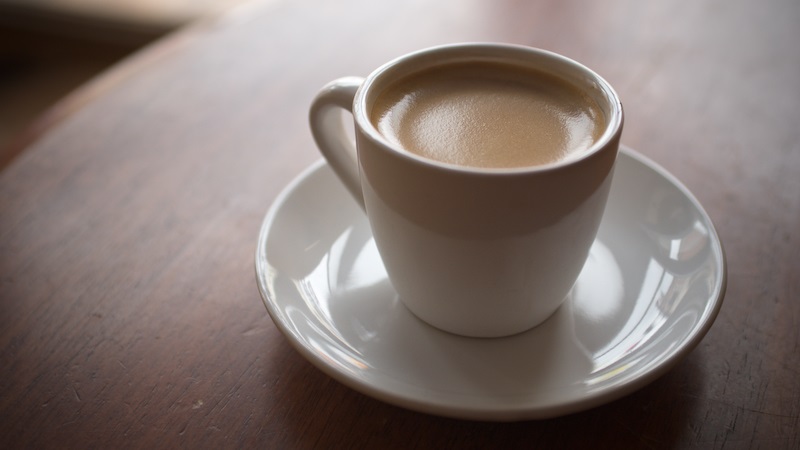
If you’re comparing a shot of espresso to an average cup of coffee (about 225g according to the National Coffee Association), that cup of coffee actually packs way more of a jolt. As Coffee Chemistry explains, 225g of black coffee has somewhere between 65-140 mg of caffeine (an average of 92.5 mg), and a typical 30g espresso shot has somewhere between 30-50mg (an average of 40mg). So a serving of coffee has 2.3x as much caffeine as a serving of espresso, on average. That means when you order an Americano at the coffee shop, make sure you’re only doing it for the flavour, because you’re not getting more caffeine. You’re probably getting less.
That said, if you were to compare them by volume, coffee only has 8-15 mg of caffeine per 30g, and espresso still averages 40mg per 30g. But you’d probably never order a single, 225g espresso, so it’s a moot point. The idea that espresso has more caffeine than regular coffee likely comes from the fact that espresso has a much darker roast, and there’s an assumption that the bolder taste of a darker roast correlates with higher caffeine content. This is also untrue.
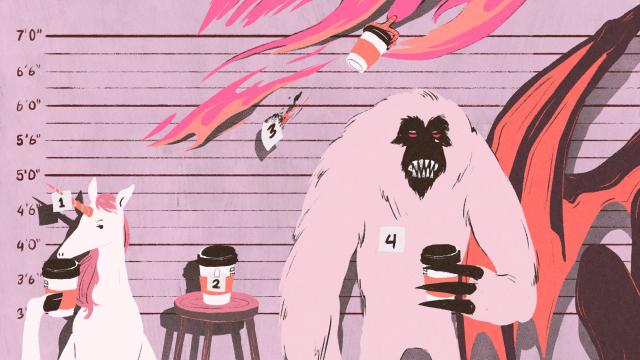
Comments